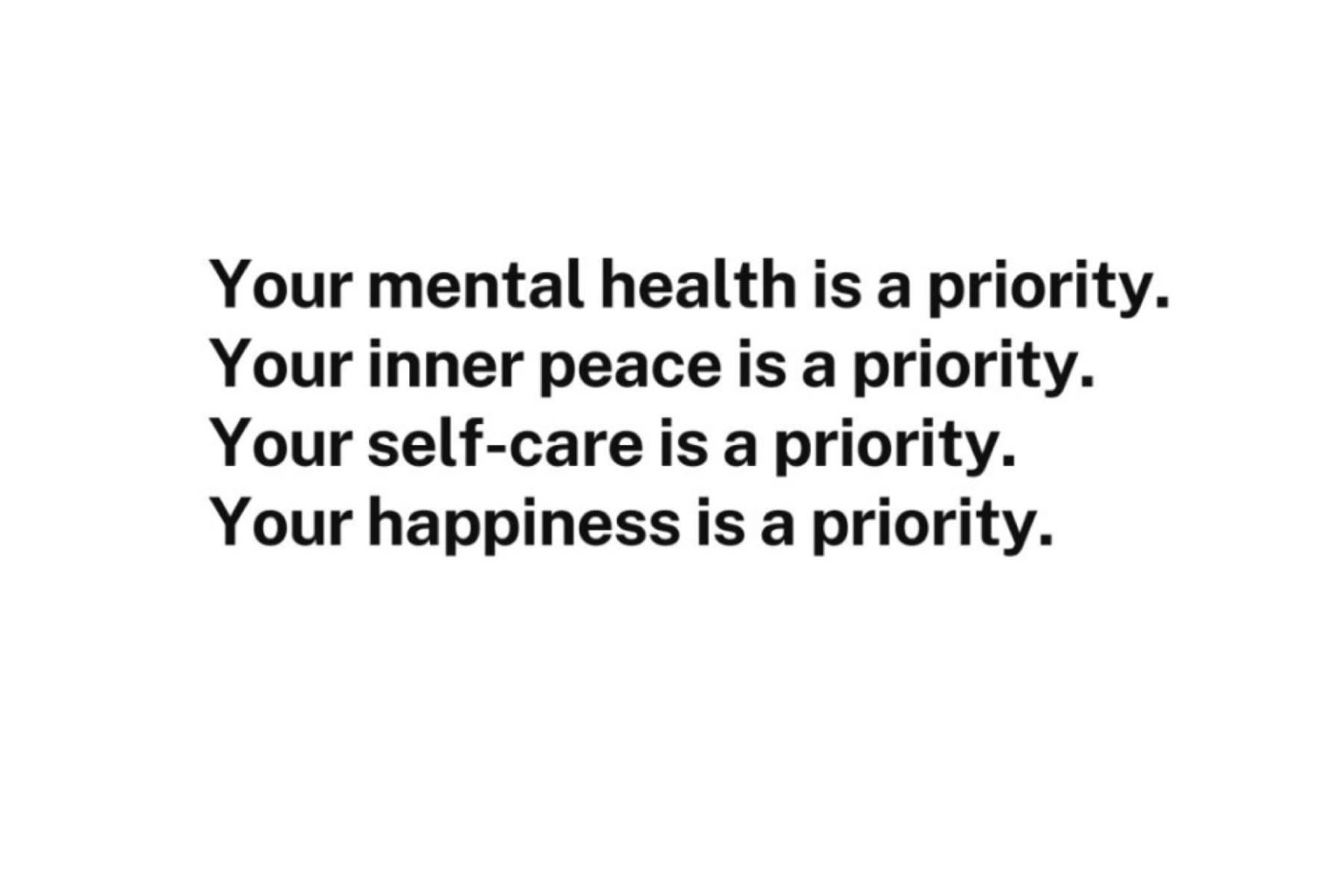Introduction
Calisthenics, the art of using your bodyweight for resistance training, offers a pathway to strength, agility, and flexibility. To truly master calisthenics, one must delve into the nuances of technique, form, and consistency. In this guide, we’ll explore top tips for optimal performance in calisthenics, empowering you to elevate your training to new heights.
Understanding Calisthenics
At its core, calisthenics is a form of exercise that utilizes bodyweight movements to build strength and endurance. Unlike traditional weightlifting, which relies on external resistance, calisthenics focuses on leveraging the body’s weight against gravity. This form of training offers numerous benefits, including improved muscular strength, flexibility, and functional fitness.
Focus on Proper Form
Proper form is paramount in calisthenics to ensure both effectiveness and safety. Before attempting advanced movements, master the basics and focus on executing each exercise with precision. Pay attention to alignment, engage the appropriate muscles, and avoid compensatory movements to maximize results and minimize the risk of injury.
Start with Progressions
Progressions are key to advancing in calisthenics and building strength progressively. Begin with basic variations of exercises, such as push-ups, pull-ups, and squats, and gradually increase the difficulty as you become stronger. Progressions allow you to challenge your muscles in a controlled manner, leading to steady gains in strength and skill.
Consistency is Key
Consistency is the cornerstone of success in calisthenics. Establish a regular training routine and commit to it consistently. Aim for a balanced approach, incorporating both strength training and mobility work into your regimen. Consistent practice over time will yield noticeable improvements in strength, flexibility, and overall performance.
Listen to Your Body
While consistency is important, it’s equally crucial to listen to your body and respect its limitations. Pay attention to signs of fatigue, soreness, or discomfort, and adjust your training intensity accordingly. Incorporate rest days into your routine to allow for proper recovery and prevent overtraining.
Focus on Full Range of Motion
In calisthenics, strive to perform exercises through their full range of motion to maximize muscle engagement and flexibility. Avoid shortening or cheating movements, as this can compromise the effectiveness of the exercise and increase the risk of injury. Emphasize quality over quantity, and prioritize depth and control in each repetition.
Incorporate Variety
To prevent plateauing and keep your workouts challenging, incorporate variety into your training routine. Experiment with different exercises, grips, and tempos to target muscles from various angles and stimulate growth. Additionally, mix in plyometric movements and isometric holds to enhance power and stability.
Master Bodyweight Basics
Before progressing to advanced calisthenics movements, ensure mastery of fundamental bodyweight exercises. These include push-ups, pull-ups, dips, squats, lunges, and planks. These foundational movements form the basis of more complex exercises and are essential for building a strong, functional physique.
Stay Patient and Persistent
Mastering calisthenics takes time, patience, and persistence. Set realistic goals, celebrate small victories along the way, and stay committed to your training journey. Understand that progress may be gradual, but with consistent effort and dedication, you’ll continue to improve and reach new heights in your calisthenics practice.
Conclusion
Calisthenics mastery is achievable with dedication, focus, and the right approach. By understanding the fundamentals, focusing on proper form, incorporating progressions, staying consistent, listening to your body, emphasizing full range of motion, incorporating variety, mastering bodyweight basics, and maintaining patience and persistence, you can optimize your performance and achieve your calisthenics goals. Read more about tips for calisthenics
















